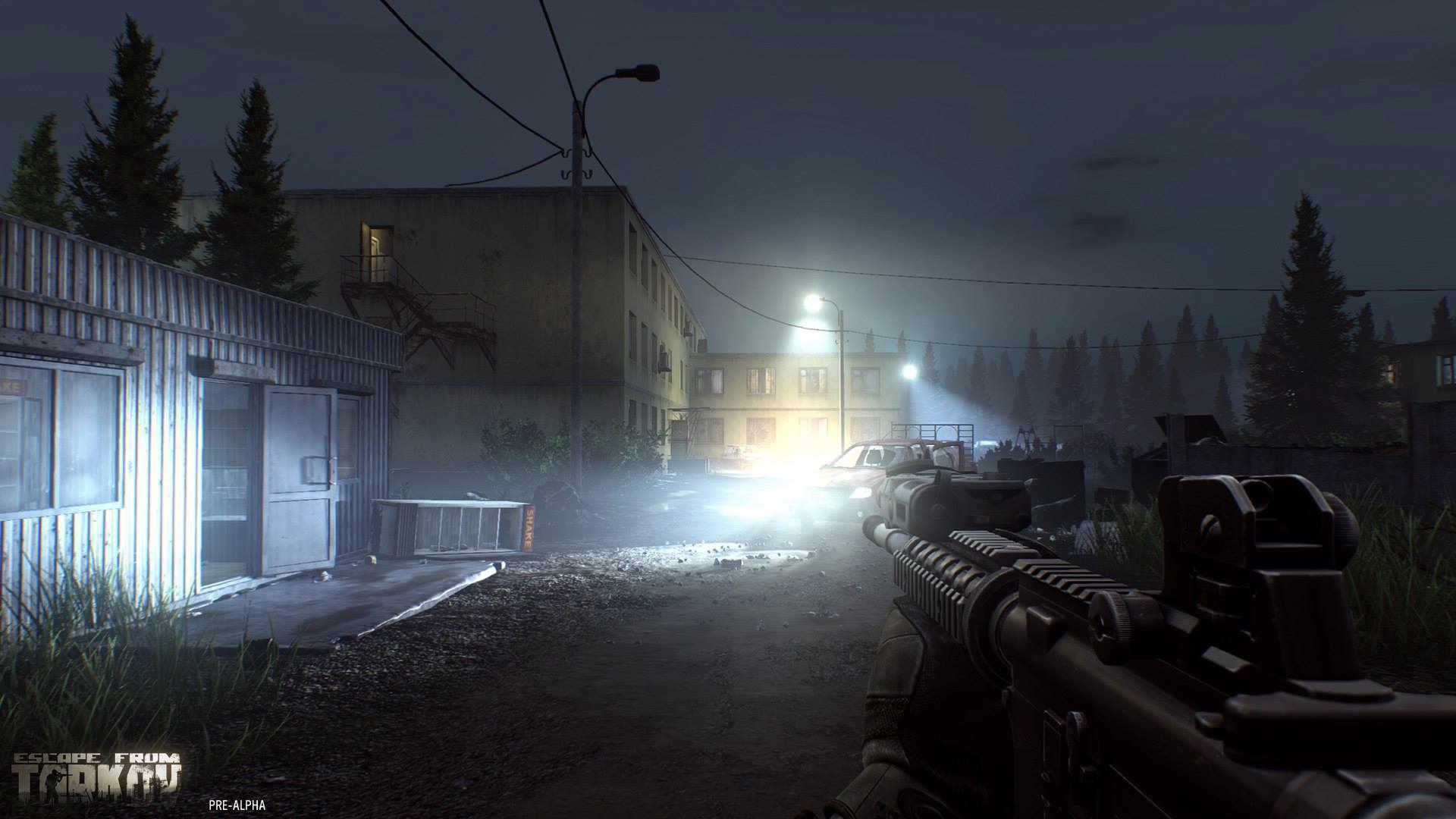
Community Calendar


Event created by Maverick V6
-
Sign in to follow thisFollowers 0
Event details
EFT Admin/Staff Meeting
Please RSVP if you think you will be able to attend. Please think of things you wish to discuss. Together we can solve anything!

Sign in to follow this
Followers
0

United We Stand
United We Stand started in 2003 under the name Stars and Stripes. Our community has over 16 years of experience within the Battlefield franchise. Now, our community supports a diverse selection of gaming titles including: Escape from Tarkov, DayZ, PUBG, Star Citizen, and Siege to name a few. Come hang out, make new friends and enjoy your time with our united internationally supported gaming community!


